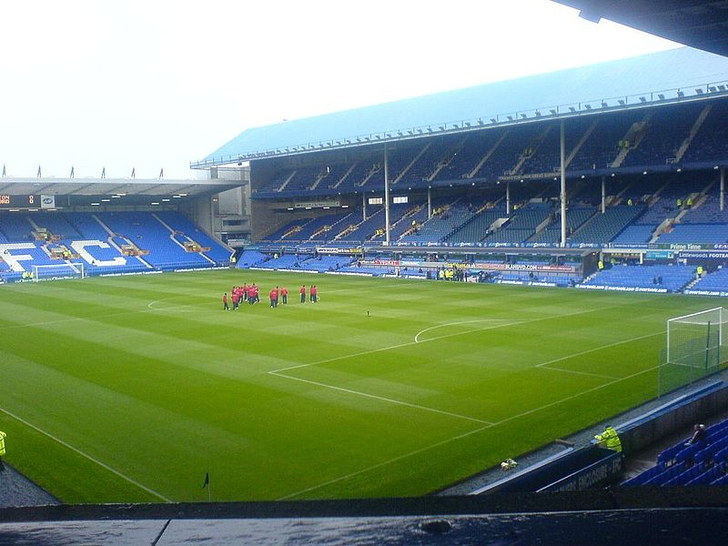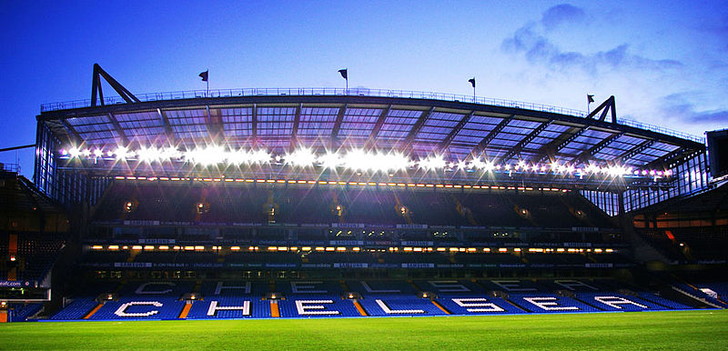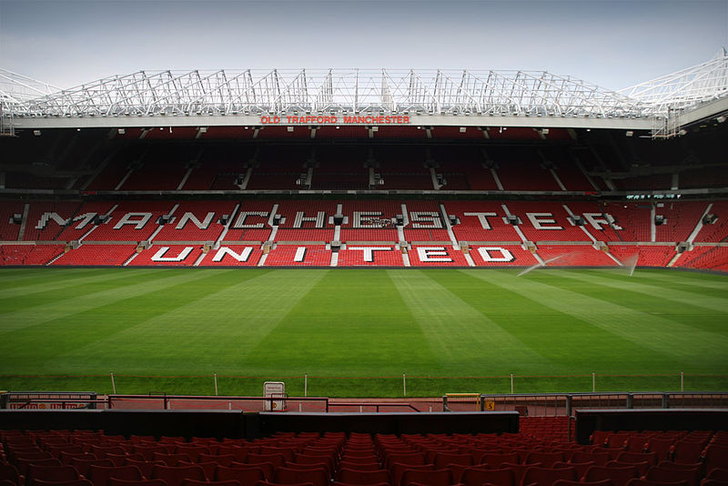
Since someone first kicked a pig’s bladder to their mate and they kicked it back whilst everyone else stared and wondered what was going on, football has been a spectator sport.
Whether you’re talking about Sunday league players watched by dog walkers in the park or a youth team with parents one the sidelines getting told off for swearing, football games take on a life of their own when they’re played in front of a crowd.
Every now and then, however, clubs play what are known as ‘behind closed doors’ matches. What are they? When do they happen? Do all clubs do them? Perhaps the most crucial question of all is why do they happen?
Here we’ll attempt to answer those questions and give you a little bit more information about clubs that play games away from the public eye.
What Are ‘Behind Closed Doors’ Matches?

First things first then, what are ‘behind closed doors’ matches? After all, don’t clubs play games that no one can see almost every day in training? Yes is the answer, but what we’re talking about is something entirely different.
Training games are normally inter-squad matches, where players from the same team take each other on. This can be mixed up, with some clubs having their senior players take on junior ones or even the coaches.
What we are talking about here, though, is when a football club plays a different club in a game against their senior players.
This can be at their training venue but, more often than not, is in an actual football stadium. Sometimes it is their own stadium or, if their ground is unavailable for some reason, the venue of a club with with which the original team has a good relationship.
The nature of the match is such that there will not be an official audience watching the game play out.
Obviously coaching staff from both teams will be there as well as reserve players if needed and even security people from the stadium being used. There are no paying spectators, however.
Reasons For Playing Behind Closed Doors

This is probably the most crucial and interesting question of all. There are two main reasons why behind closed doors games take place. The first is when teams are looking to do something to help the first-team out.
This could be the likes of fitness work for the senior players or trying to develop tactics. If a team is due to play an important match against a side that tends to play a physical game, for example, they could invite a side that has physically strong players in to see how they cope.
The second and more serious reason why such games take place is when a team is bring punished because of the behaviour of their fans at a previous match. For example, on the 21st of December 2011 Ajax were playing AZ Alkmaar in a KNVB Cup game and leading 1-0 when one of their fans ran onto the pitch and did a karate kick on AZ’s goalkeeper. The ‘keeper was sent off and so the AZ players left the field in protest.
The Dutch Football Association later rescinded the red card and declared that the match would need to be re-played in full with no supporters present. Ajax were also fined €10,000 for failing to control the crowd. What made the matter worse was that the supporter in question was meant to be serving a three-year stadium ban.
There is another reason why a game might be played without spectators present and that is when stadiums have failed their safety tests or the like. In 2014 two rounds of the Campeonato Catarinense competition in Brazil were played without any supporters watching as the clubs taking part had failed to pass security inspections. Five years earlier in the same country two matches in Série D had to be played in empty stadiums over concerns regarding the H1N1 flu pandemic.
When Do Clubs Play Behind Closed Doors?

If a match is being played behind closed doors owing to disciplinary or safety concerns or something similar then the match takes place when it was scheduled to do so anyway.
That is to say, if a game between two sides in the FA Cup was scheduled to take place on the 23rd of February, for example, and the Football Association decided that it would have to be played without fans present for whatever reason then the match would still take place on the 23rd of February.
If the game is simply a friendly in order to get one team’s fitness up to scratch or to give players a chance to practice a tactical shift then these matches will be played as and when they are needed.
Oftentimes these sorts of games are scheduled to happen when domestic football is paused because of international breaks.
The players that have not gone to play for their country still need to get game time so their manager might decide to organise a friendly but competitive match in order to ensure that happens.
Do All Clubs Have Behind Closed Doors Matches?

The short answer to this question is ‘no’.
When it comes to disciplinary matters a club will only have to play a match without a crowd present if their supporters have behaved poorly at some point.
Even then the FA of their country will normally give them another chance and fine them instead of taking such drastic measures. Nowadays most stadiums meet the necessary safety standards to mean that that is not an issue either.
As far as behind closed doors matches that take place for tactical, fitness or other selective reasons are concerned, any team is able to have one.
These are not under the jurisdiction of Football Associations or the likes, instead being organised by one club with the agreement of another. They can occur whenever the host team sees fit and the other side is available to take part.
